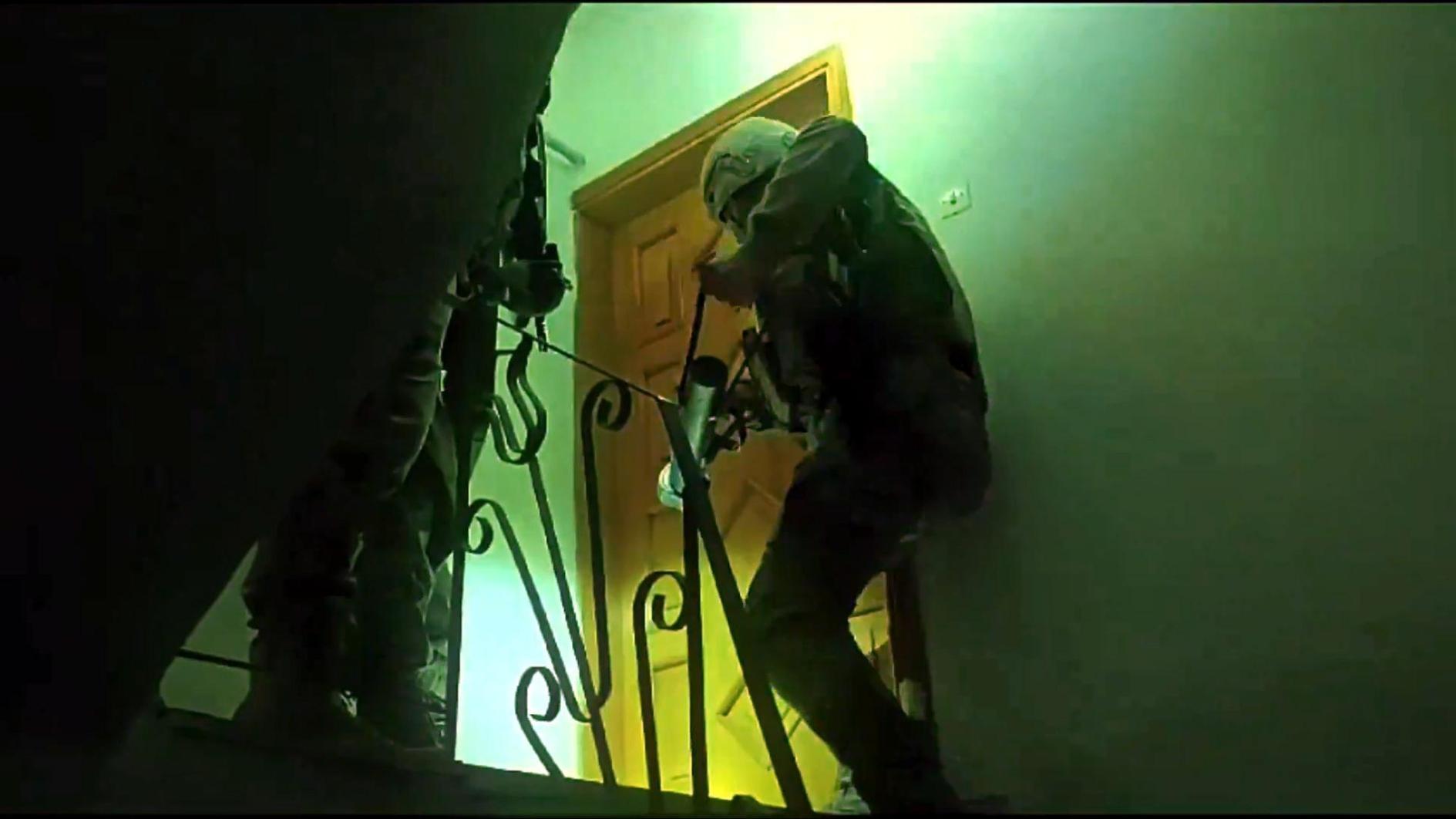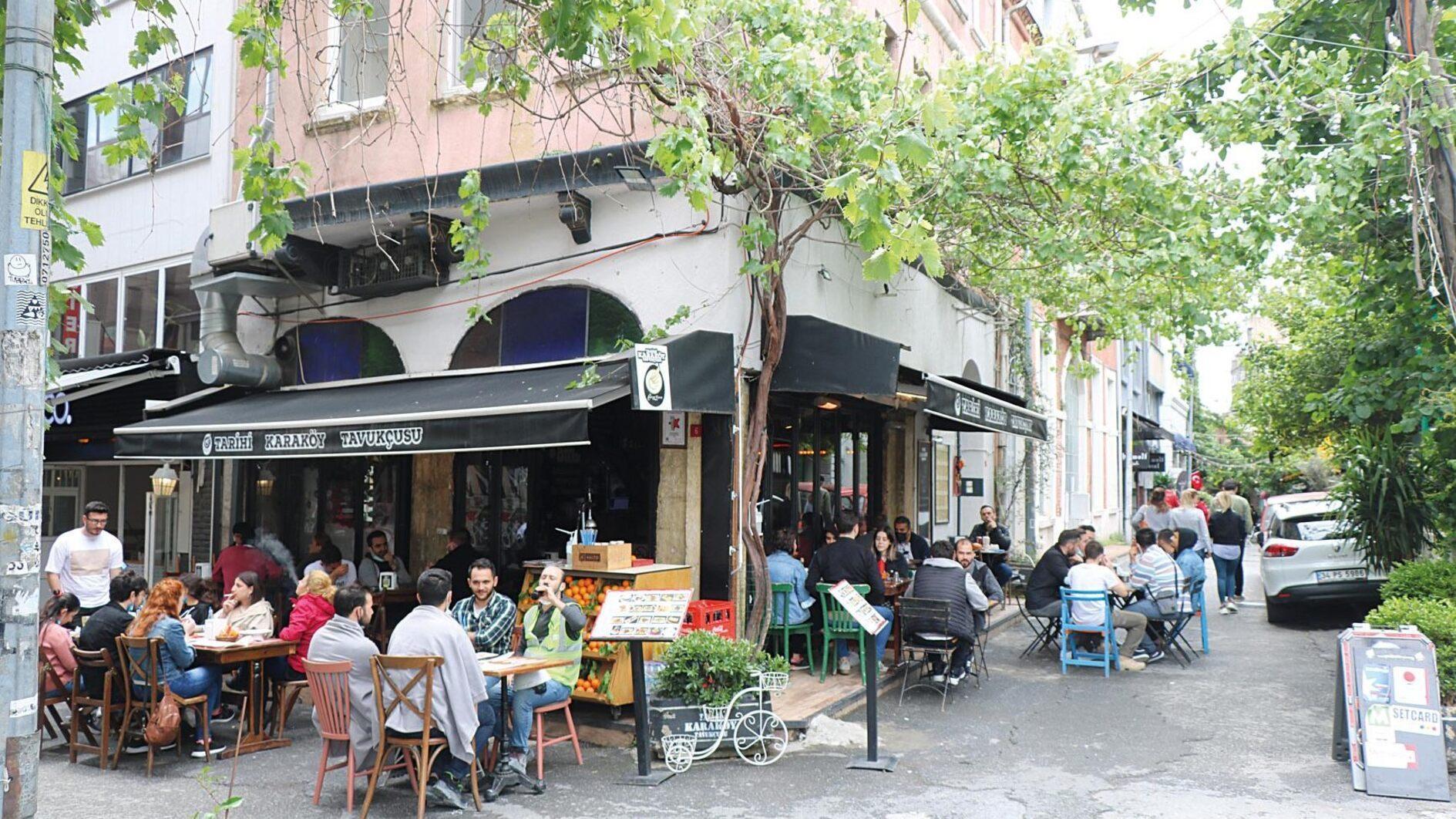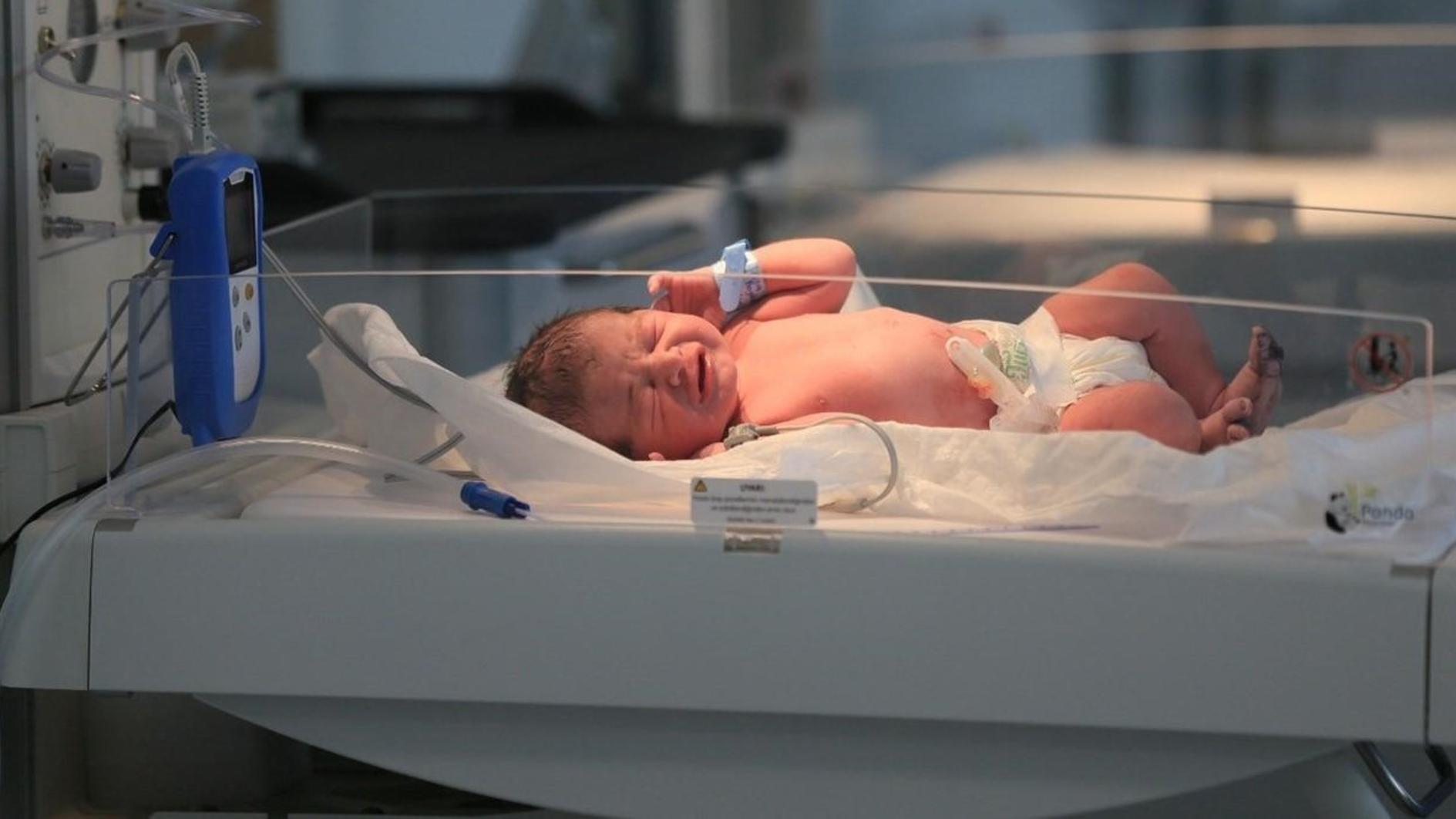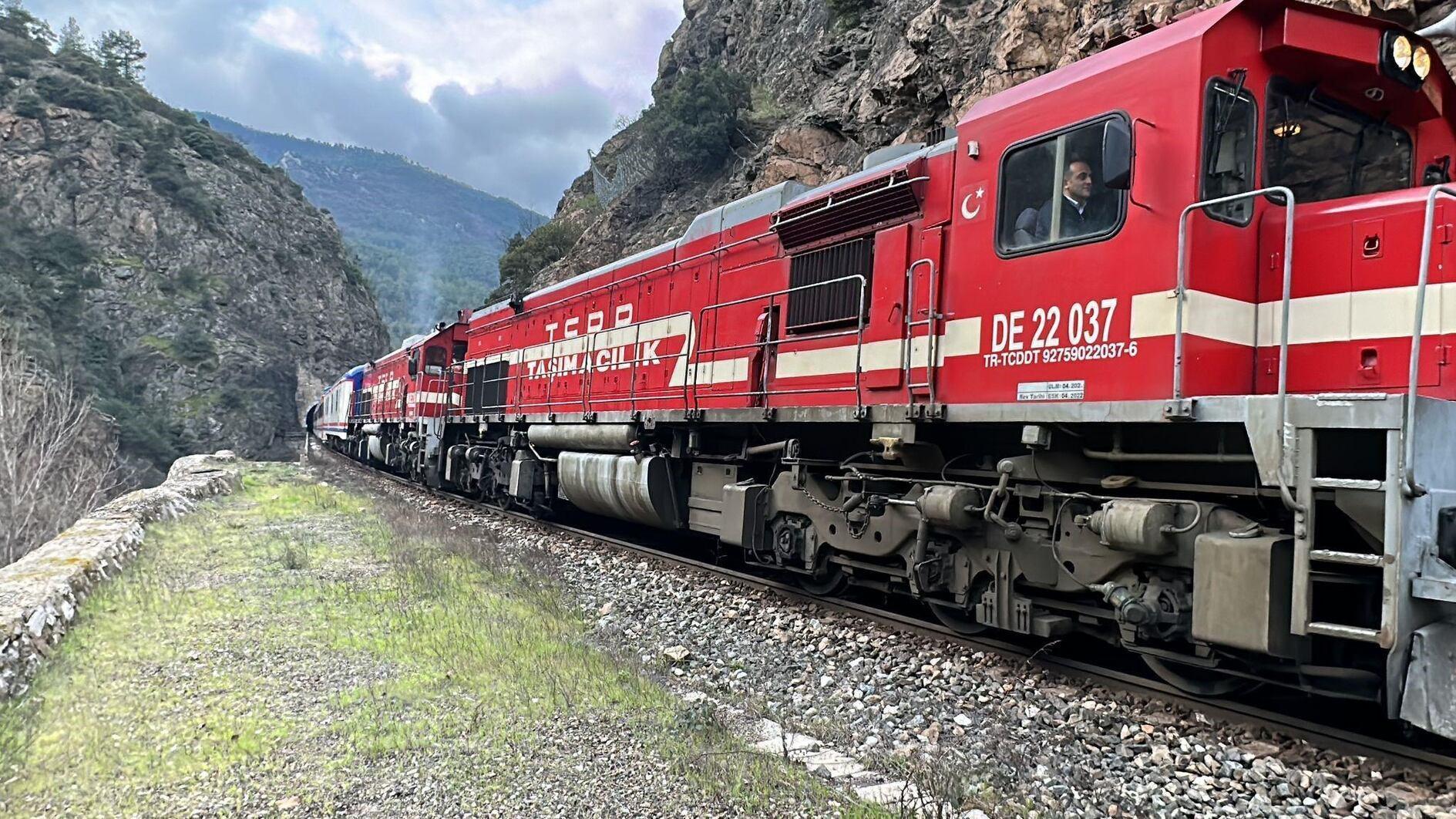The Tel Aviv-Moscow route for Turkey
U.S. President Donald Trump’s decision to limit the provision of visas to the citizens of seven Muslim countries is a strategic step.
Trump is open and frank about his criticism toward the European Union and particularly Germany’s refugee policies. Indirectly, his words target Turkey’s “open-door policy” toward Syrians. And unlike the Barack Obama administration, Trump does not feel the need to show sympathy or share the burden. He, as a pragmatic businessman, feels getting the Saudis involved financially to share the burden makes more sense. And he may be right to a great extent.
Trump’s position to get the Gulf countries involved in the process is a result-oriented approach. His idea of “secure zones” may be raw at this point, but it looks like it has been somewhat discussed with the forces on the ground. Russian Foreign Minister Sergei Lavrov cleared the path for that discussion by saying that it could only happen if Syrian agrees. We do see the signs that this issue has, in fact, been discussed at some level between Moscow and Washington.
The Trump administration’s approach toward the region will be shaped by two major actors and a major adversary. Jordan and Israel will be the key players and Russia will be the enabler of the new Syria. It looks like Ankara will be sitting on the bench, at least in the first quarter of the game. Turkey’s first official contact with the Trump administration (except for the obvious phone call that will happen) will probably be a visit by Secretary of Defense Gen. James Mattis. Mattis recently had a phone conversation with Germany’s defense minister reaffirming the U.S.’ commitment to NATO, and his initial trips abroad are focused on Asia.
Nonetheless, after the meltdown in the State Department, Mattis could be Turkey’s best bet in Washington.
Syria is the last remnant of the Cold War. And it looks like the Syrian crisis will be handled according to Cold War methods. According to Debka.org’s map for “secure zones,” there are two American zones, one in the Kurdish area in the north, the other in the south near the Lebanon-Israel-Jordan border. The Russians are taking the coast with their base in Latakia. Turkey is getting Afrin and its surroundings because of Hatay’s very strategic nature. Now let us be fair, this looks a lot like Germany after World War II and it looks like a very doable map. Turkish strategists claim that what Turkey has proposed as a “safe haven” or “secure zone” was something from two years ago, but we all know how those policies failed and the reality on the ground changed dramatically.
So, Israel and Russia may look like an odd couple in the changing dynamics of the region, but in fact they are the only ones that seek realistic and proper relations with Turkey. “Israel’s influence and the Jewish lobby’s access to the hallways of power may make Turkey’s efforts much easier,” said Turkey’s former ambassador to Israel, Mr. Oğuz Çelikkol. “Turkey and Israel’s mutual interest lies in more cooperation.”
“When the going gets tough, the tough get going,” says the popular song. Turkey’s relations with Washington may be easier through Moscow and Tel Aviv. After all, Trump’s relations with both of these capitals are going to be much better than with Ankara.











